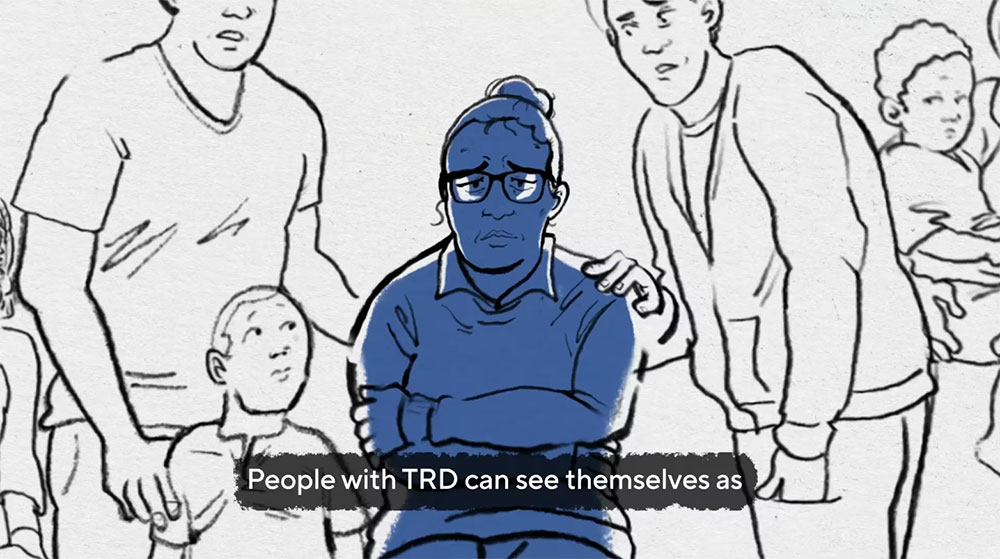Addressing the unmet need in treatment-resistant depression

By: Srinivas Rao
Major depressive disorder is one of the most prevalent psychiatric disorders, affecting an estimated 300 million people globally, and is the second leading cause of disability worldwide. Experts estimate that the direct- and indirect costs of MDD total approximately $300Bn in the U.S. alone. Treatment-resistant depression (TRD) is a term that defines the subset of patients who fail to respond to two or more pharmacological treatments within their current depressive episode. TRD is associated with substantially higher levels of mortality, comorbid conditions, self-harm, suicidality, costs, and healthcare utilization than MDD.
Unfortunately, only four new molecular entities (NMEs) were approved by the FDA for depression (MDD or TRD) since 2012, a number which is less than 3% of the 142 products approved in oncology. This is the gap we are trying to fill with our development candidate VLS-01, an oral thin film (OTF) formulation of N,N-dimethyltryptamine (DMT) that we are initially developing for TRD. DMT is the primary psychoactive indole alkaloid present in ayahuasca and cleared from the body relatively quickly, resulting in a short duration of psychedelic effect. By incorporating DMT into our proprietary and patent protected OTF formulation, we are targeting a psychedelic duration of under 1 hour.
Multiple third-party studies investigated the safety and efficacy of DMT in patients living with mood disorders. We believe these studies de-risk our VLS-01 program as they provide strong prior evidence in humans and proof of concept data for DMT as a potential treatment for depression.
Share on

